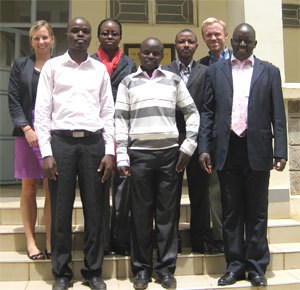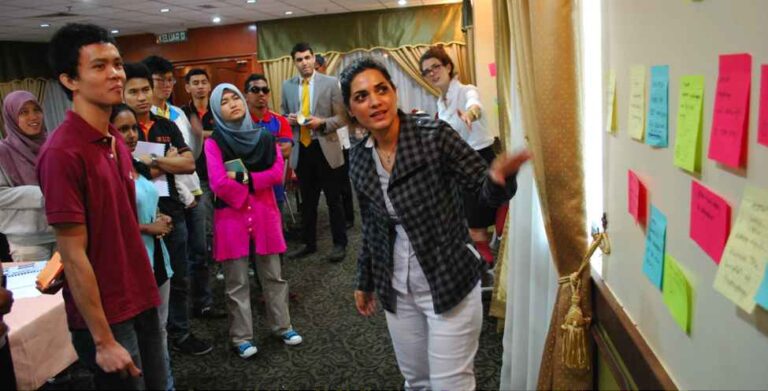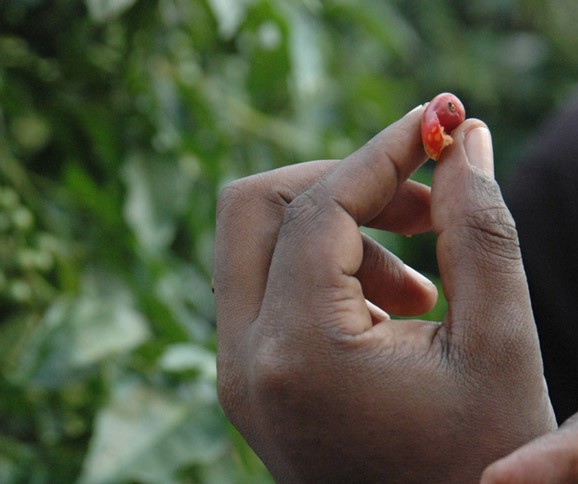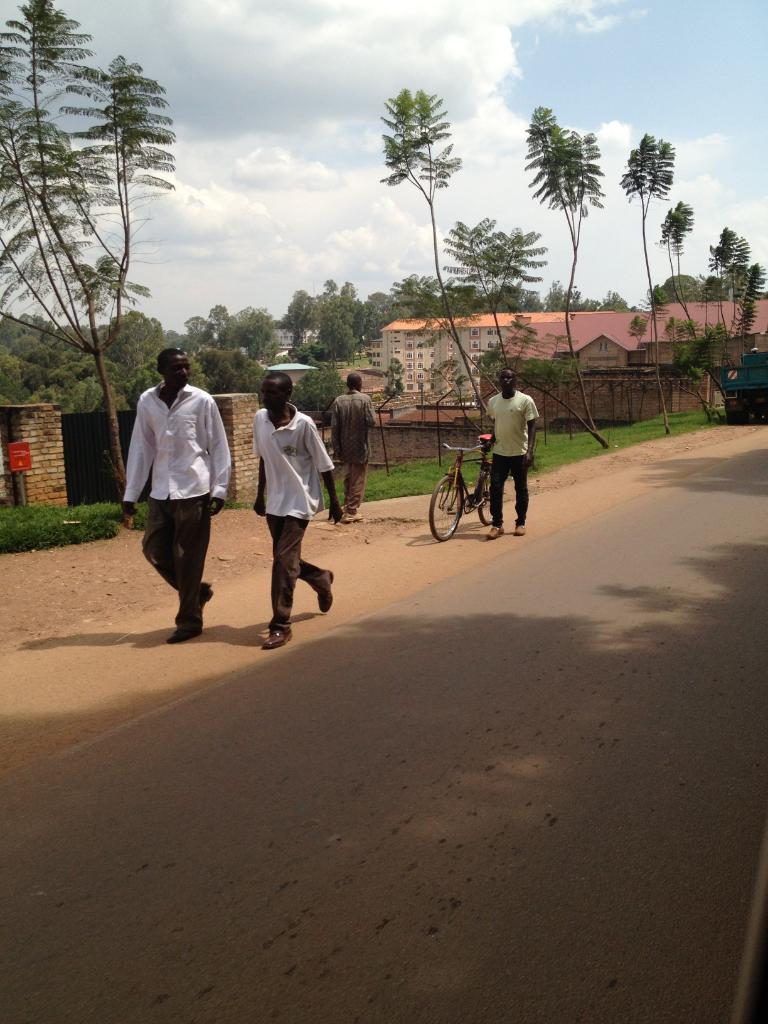Across Africa, Science, Technology and Innovation Networks Expand

Africa’s thirst for networks as mechanisms to draw together the science, technology and innovation (STI) resources needed for economic and social development is keeping pace with international cries for more networked approaches to problem solving. The past year has witnessed the birth of a number of new networks; one called for by UN Secretary-General Ban-ki Moon-the Sustainable Development Solutions Network-another sponsored by the World Bank called the Higher Education for Africa Network, and a third launched by USAID that awarded six global universities with $130 million to coordinate their efforts. As homegrown African networks take shape, several of their champions have called upon the Global Knowledge Initiative to help formulate and optimize these exciting partnerships. Partners in Kenya, Uganda, and Ethiopia are just a few of those issuing requests for GKI to facilitate knowledge sharing and network growth aimed at solving complex development challenges.
Seeking new models for harnessing STI for social inclusion and economic growth, the Uganda National Council of Sciences and Technology (UNCST) invited GKI’s Chief Operating Officer Sara Farley to speak at the National Policy Dialogue on Science, Technology and Innovation, offering insight into the role of networks in helping investments in STI elicit socio-economic transformation. This prestigious invitation follows close on the heels of GKI’s work to help UNCST in developing their STI Policy Implementation Strategy.
Kenya’s National Council for Science and Technology (NCST) also approached GKI about working on a national STI program. Inspired by GKI’s LINK (Learning and Innovation Network for Knowledge and Solutions) pilot programs in Rwanda, Kenya, and Afghanistan and Pakistan, as well as its work in Uganda, the program would include researching and mapping the national STI landscape; training researchers and policymakers in STI policy and strategy processes; and addressing Kenya’s biggest challenges through a national LINK program. To kick off this partnership, NCST plans to host a stakeholder meeting with key Kenyan STI policy representatives in January 2013.
Another exciting development is the continued partnership with Kenya’s Youth Agency for Development of Science, Technology and Innovations (YADSTI), an organization that provides young scientists, innovators, and entrepreneurs with meaningful STI-based professional and educational opportunities. Through this relationship, young African rsearchers have conducted on-the-ground research in Kenya for GKI’s LINK Analysis of Kenyan water harvesting systems. YADSTI and GKI have also jointly developed a vision for a network connecting all Kenyan universities and the youth within them. The concept entails identifying those young Kenyans with the talent to become Kenya’s future innovators and supporting them with the training, mentoring, ecosystem support, and connections needed to launch STI-related ventures.
Another outcome from GKI’s partnership with YADSTI was evident at the African Technology Policy Studies (ATPS) Network Annual Meeting in Addis Ababa in November 2012, where YADSTI Director Caleb Metto presented a paper co-authored by GKI. Joining him at the conference were Dr. Caroline Wagner, a GKI fellow and Ohio State University professor, and GKI Program Officer Andrew Gerard. At the invitation of ATPS, Andrew presented a paper, synthesizing academic literature and GKI’s empirical evidence, offering recommendations as to how collaborative networks can support innovation in Africa.
These examples of collaboration with African innovators offer a glimpse of GKI’s growing network of African solvers. The impressive optimism and drive displayed by African partners supports GKI’s conviction that through collaborative innovation, the world’s most complex development challenges can be solved.

Contributor: Andrew Gerard and Sara Farley







